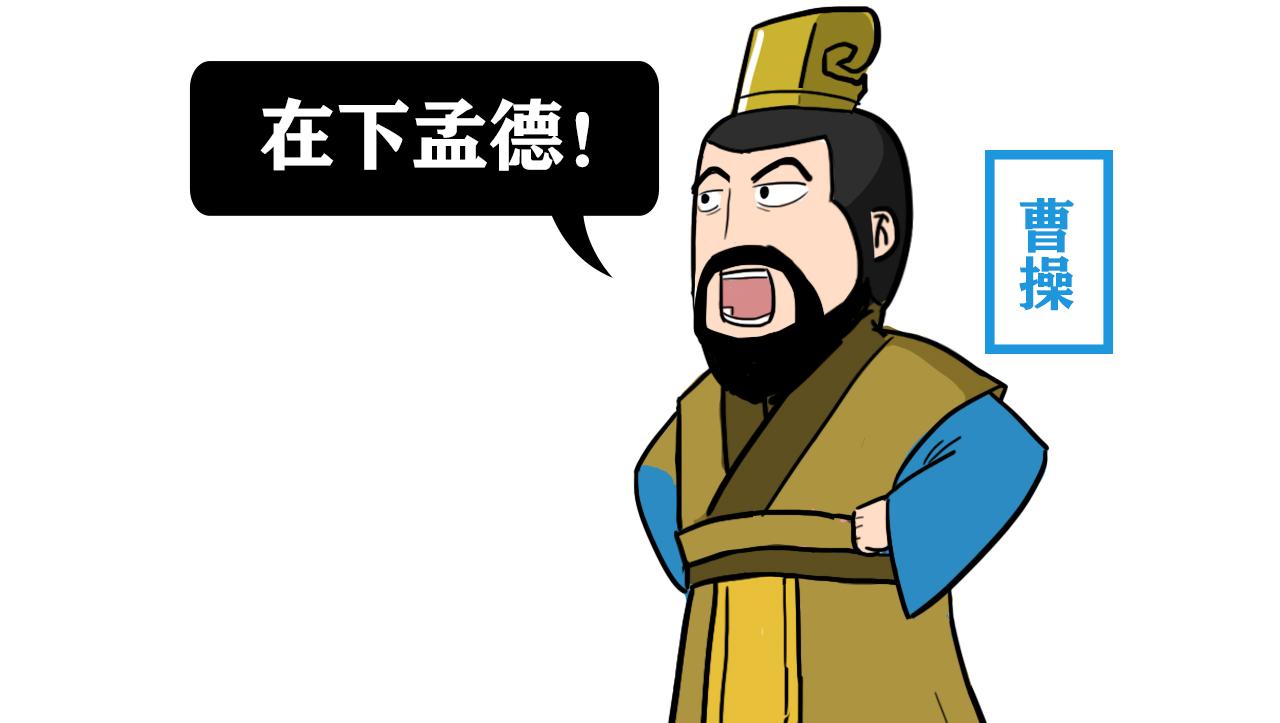As we all know, in addition to our current "name", the ancient Chinese also had "characters" and "numbers". The "number" is generally owned by literati and upper-class people, and is not popular among the people, but the "word" is almost universal throughout the country. Similar to the names of "founding the country" and "building the army" after the founding of New China, the "character" of the ancients also has a certain mark of the times. And in the Three Kingdoms period, Cao Cao's character "MengDe" and Liu Bei's character "Xuande" reflected what kind of social phenomena? Xiaobian will introduce it to you today.

In fact, in addition to Cao Cao and Liu Bei, there was also a famous general in the Three Kingdoms who also had the word "de", and this person was Liu Bei's third brother Zhang Fei. Zhang Fei's word "Yide", I don't know if you can remember? The reason why these people are so fond of the word "morality" is because of the talent selection system in the Eastern Han Dynasty. Before the invention of the imperial examination system, the talent selection system of each dynasty was different. Among them, the talent selection system of the Han Dynasty was the "inspection and examination system".
After the establishment of the Han Dynasty, in order to obtain a group of high-quality officials to help him manage the empire, Liu Bang specially ordered the counties to recommend sages and doctors with the ability to govern the country. Beginning with Emperor Wen of Han, the official edict required "those who can speak out and advise those who can speak out", and set assessment standards such as "countermeasures". By the time of Emperor Wu of the Han Dynasty, the inspection system was gradually perfected, and various assessment subjects were constantly enriched.
Among them, in the Han Dynasty's inspection and juju changke, filial piety was the most important section. "Filial piety" means filial piety, and "honesty" means incorruptibility. As the saying goes: "Filial piety comes first", and the ancients valued filial piety the most. If the person being recommended commits unfilial behavior, there is a high probability that he will be stripped of his official position. For example, Chen Tang, who said that "although those who commit crimes against strong men are far away, they will be punished", they had already been recommended as officials, but because he did not return home to guard filial piety after his father's death, he was not only stripped of his official position, but also sent to prison.
In addition to filial piety, there are also three items in the Examination Andju Changke: Mao cai (Xiu Cai), Cha Lian (Honest Official), and Guanglu. Maocai is like the show talent of later generations, who is recommended for his true talent and practical learning. However, the minimum standard for referrals is the state, so the number of people is much less than that of filial piety. Cha Lian, on the other hand, refers to the recommendation of low-level officials for promotion after being evaluated, and Guanglu is a subordinate official recommended by senior officials such as Xiang Xiang and Yushi. However, all subjects are based on "virtue", and literature is dominated by Confucianism. Therefore, the people of the Han Dynasty paid great attention to their own morality, and once their virtue went wrong, it would be difficult to have a head start.
The characters of Cao Cao, Liu Bei, and Zhang Fei reflected the social atmosphere of the Eastern Han society at that time that paid attention to "virtue". Later, in the Wei and Jin dynasties, the ruling class changed the "inspection and examination system" to the nine-pin Zhongzheng system, dividing people into nine classes, resulting in the emergence of door valve politics and the social phenomenon of "no cold door in the upper grade, no scholar in the lower grade".